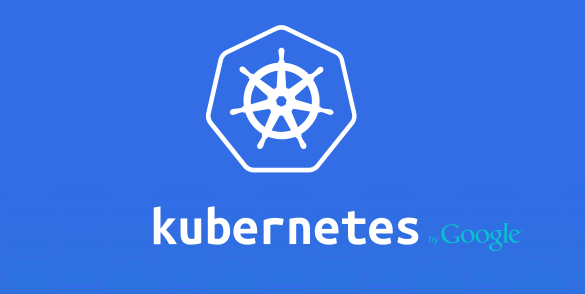Open Source Kubernetes Helps Make Google Cloud Contender
November 30, 2015
Google isn’t usually focused on open source projects, but the company now dominates the market for cluster managers with its open source Kubernetes software. Developed originally for internal use, Kubernetes gives corporations a way to manage clusters of containers, which are building blocks of code with a small application, designed to work across platforms and servers. Although it’s not a revenue source for Google, Kubernetes is a key technology in making Google a serious contender in the enterprise cloud.
According to The Wall Street Journal, Google Cloud Platform executive Urs Hölzle predicts that, “Google’s cloud platform revenues could surpass its advertising revenues by 2020.” Google also brought on enterprise technology vet Diane Greene to run Google for Work, Cloud Platform and Google Apps among its cloud-computing businesses.
Kubernetes is a way for software developers to manage containers, an increasingly popular way of writing code, for its agility to move across the Internet and multiple devices. For example, says Cloud Technology Partners executive David Linthicum, DevOps, a popular software development process, “breaks projects into smaller, quickly executed pieces,” out of hundreds of containers that do different things. Then, put in a cluster manager like Kurbernetes, they are “automatically scaled and managed.”
As a cluster manager, Kubernetes can automatically add or delete resources in containers, and “if traffic to a certain application spikes, to automatically replicate containers and expand capacity without manual intervention.” The software, says Linthicum, can also “schedule containers, allocate them and make sure the computing environment has enough memory, disk space and storage.”
Cloud Technology Partners estimates that Google’s Kubernetes accounts for 80 percent of the cluster manager space, now in use at a “widening range of companies including financial services firms and tire manufacturers.” That’s a lot of a lot of potential revenue, but Google doesn’t see it that way.
“Google isn’t historically focused on open source, especially of things that are considered new and innovative,” admits Google executive Eric Brewer. “But in Kubernetes, it’s very important because we actually want the hybrid use cases and the on-premise cases in the sense that people can control part of their destiny.”


No Comments Yet
You can be the first to comment!
Sorry, comments for this entry are closed at this time.